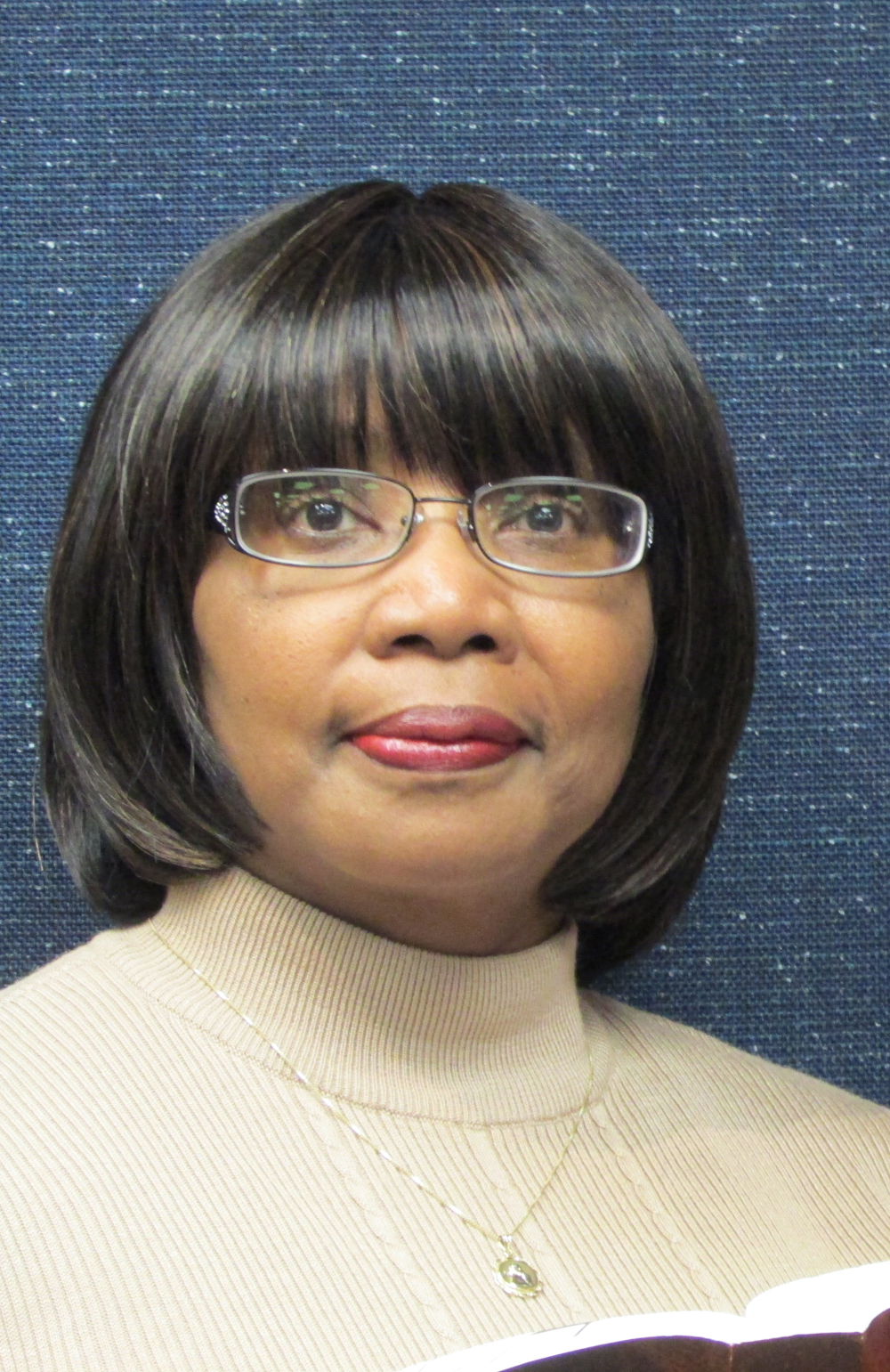Prosecuting Crimes
The first and most fundamental duty of the Commonwealth’s Attorney is to prosecute crimes against the Commonwealth of Virginia. By statute (specifically, Va. Code § 15.2-1627(B)), the Commonwealth’s Attorney is only required to prosecure felonies; however, he may choose to prosecute most misdemeanors, as well.
Prosecute All Crimes
Although it results in considerable extra work for herself and her staff, Joan Ziglar chooses to prosecute all crimes that occur in the City of Martinsville, even those which seem quite minor, such as driving on a suspended license. She also chooses to prosecute crimes brought on citizen warrants (that is, warrants taken out by citizens themselves, without the assistance of law enforcement) when it is possible for her to do so.
She chooses to do this because it is a great help to the community. When a citizen is the victim of a crime, it does not help to say that it was only a minor crime. These citizens deserve justice, as well, and Joan Ziglar pursues justice, even in these “minor” cases, to the best of her ability.
Furthermore, many of these so-called minor cases have a great impact on the community. Driving while intoxicated is probably the most significant example. Those who choose to drive while under the influence of alcohol or other intoxicating drugs endanger not only themselves, but the whole community. As such, Joan Ziglar does her best to ensure that drunk drivers answer for their actions.
Plea Agreements
Plea agreements have become a ubiquitous part of the American criminal justice system, in Virginia as well as elsewhere. Such agreements can be a useful tool for ensuring that criminals answer for their crimes, without running the risks of a trial.
However, plea agreements can also be abused. When all, or most, crimes are resolved by plea agreements, sentences will often be too light to really do justice to the crime, and criminals become accustomed to being able to get out of the consequences of their actions lightly.
Furthermore, when plea agreements are abused, the community as a whole is cut out of the criminal justice system. In Virginia, the system of jury trials is and ought to be alive and well. When cases are tried to juries, the people of the community decide the case and, if they find the defendant guilty, decide what punishment he should receive. The jury is, literally, the conscience of the community, and serves a vital role in the administration of justice.
When cases are decided by plea agreement, the community does not get its say in the outcome. Not every case requires this; but too many plea agreements can essentially cut the community out of the process entirely.
When she first ran for election in 1997, Joan Ziglar ran on the promise that she would not let this happen, and she has remained true to her word. As Commonwealth’s Attorney, Ms. Ziglar has insisted that all drug distribution cases be tried by jury, and that all driving while intoxicated offenses in circuit court be tried by jury. She has also requested juries in nearly all homicide cases, as well as many other important cases.
She does this because it ensures that the community she serves will get its say; and the policy has worked. Since she took office, crime rates have dropped precipitously, undoubtedly due at least in part to the community having its say in these important cases.
Diversion Programs
Joan Ziglar believes that even those who commit crimes are members of the community, and sometimes the community’s interests are best served by giving the defendant the opportunity to make things right. The Code of Virginia provides such opportunity for some types of crime, but some types of crime are neglected.
Shoplifting is a crime quite common among the young, the financially pressed, and the criminally inexperienced. Often it is the first crime that an individual commits, and that individual learns his lesson and will never commit another crime again. Yet a conviction can have wide-ranging consequences, preventing an individual from getting into certain educational programs, getting certain jobs, and so forth. And the Virginia Code does not provide any means for avoiding these consequences.
As a result, Ms. Ziglar directed one of her assistants, Paula Bowen, to develop a diversion program for first-offender shoplifters, which will require them to make right what they’ve done but still give them a chance to avoid convictions and proceed with their lives. This program was implemented in 2011 and 2012, and has been a great success.
Many first offenders, humiliated and ashamed by what they had done, were able to pay back what they had stolen, complete an education course and community service, and spend a year proving that they would remain law-abiding citizens from then on. Upon successful completion of these requirements, their charges were dismissed.
Nothing in the Code obliges Ms. Ziglar to work with such people, to help ensure the health and well-being of both defendants and the community at large. But the program was the right thing to do, for both, and continues in operation to this day.
permanent link
